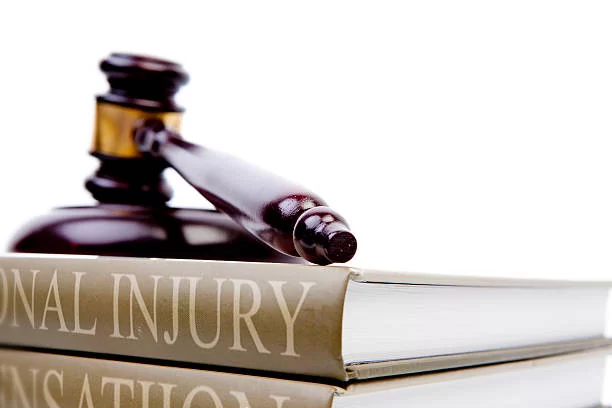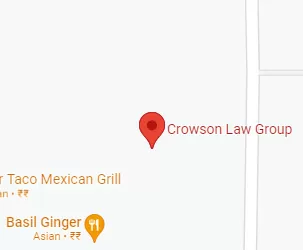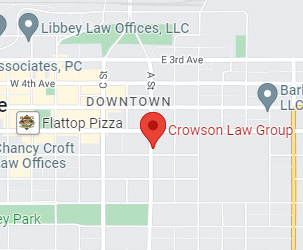What Elements Of Negligence You Must Prove To Win A Car Accident Lawsuit

The aftermath of a car accident can be a confusing and stressful time, especially if you believe the other driver’s negligence caused your injuries or property damage. Before filing a personal injury lawsuit, you must know the elements you need to prove negligence, which is crucial.
This is when you would need a lawyer in a car accident case to prove your stance.
Duty Of Care
The first element per Alaska Statute §09.17.010 et seq, the duty of care, is a legal obligation requiring all motorists to conduct themselves as a “reasonable person” under similar circumstances.
For drivers, this means adhering to traffic laws, driving at safe speeds, maintaining control of the vehicle, being aware of surroundings, and taking appropriate actions to avoid causing accidents.
The premise is that every driver has a legal responsibility to others on the road, including other drivers, pedestrians, and cyclists, to act in a way that prevents harm. This duty is implicit when a person operates a vehicle on public roads.
Breach Of Duty
The notion of breach involves comparing the defendant’s actions against the expected standard of care in the given situation. For example, if a driver exceeds the speed limit, drives under the influence of alcohol, or ignores traffic signals, these actions can constitute a breach of duty because they increase the risk of harm to others.
Alaska law requires tangible proof of the breach to establish negligence. For instance, in car accident cases, evidence such as traffic camera footage, witness statements, police reports, and expert testimony can prove that the defendant did not act as a reasonably prudent driver would have.
Actual Causation
Actual causation is about establishing a direct link between the defendant’s actions and the incident. This requires a factual demonstration that the defendant’s breach of duty directly led to the accident.
For instance, if a driver runs a red light and collides with another vehicle that had the right of way, running the red light is the direct cause of the collision.
In such scenarios, consulting a lawyer in a car accident case becomes invaluable in demonstrating actual causation and ensuring that your rights are adequately represented and protected.
Proximate Cause
Proximate causation requires you to show that the injuries sustained were a foreseeable result of the defendant’s actions. It limits the defendant’s liability to consequences that could reasonably have been anticipated due to their negligent behavior. This means the harm must not only be directly caused by the defendant’s actions but also be a foreseeable outcome of such actions.
You must demonstrate actual and proximate causation to hold the defendant liable for damages. For example, in the Alaska Supreme Court case State, Dept. of Transportation & Public Facilities v. Sanders, 944 P.2d 453 (Alaska 1997), the court examined the elements of negligence, including causation, emphasizing the necessity for the harm to be a foreseeable result of the defendant’s actions for liability to attach.
Injuries Suffered / Damages
Your damages must directly result from the accident caused by the defendant’s negligence. The term “damages” encompasses a broad range of losses, including but not limited to physical injuries, property damage, emotional distress, and financial losses such as lost wages and medical bills. The objective is to quantify the harm suffered by the plaintiff in monetary terms to facilitate appropriate compensation.
You must prove the at-fault party’s negligence when pursuing a car accident claim. You must prove the elements mentioned above to demonstrate another driver’s negligence. You will also need the help of an experienced Alaska car accident lawyer to prove these elements.
Featured Image source: https://www.crowsonlaw.com/other-news/elements-of-negligence-case/


